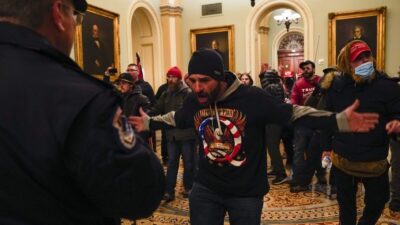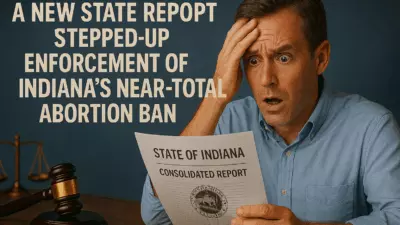I’ve written loads of “Year in Review” pieces over the years.

Most of them were for the wars I covered in Afghanistan and Iraq, detailing all the violence that occurred over the last 12 months, peppered with attempts at positive spin by military leaders who told me, year after year, that the tide of their respective fights were turning in their favor.
Looking back at the last year of Postindustrial’s coverage of the Rust Belt, Appalachia, and other Postindustrial Communities, I was tempted to take the same doom-and-gloom tact when reminiscing about 2021.
Instead, I found myself inspired by the smart, creative folks we featured and hopeful that their lights will shine even brighter in 2022.
We took our lumps in 2021: political unrest, persistent racial injustice, the Kyle Rittenhouse verdict, not to mention fatal, persistent COVID-19 denialism. However, we also managed to convince nearly two-thirds of Americans to get the vaccine.
I found myself inspired by the smart, creative folks we featured and hopeful that their lights will shine even brighter in 2022.
And while GOP leaders in Postindustrial states like Pennsylvania and Wisconsin sought to make voting more difficult in future elections, others from the region (Republican U.S. Rep Adam Kinzinger from Illinois comes to mind), were stalwarts against mindless and cruel, Trumpist cultism.
We embarked on a springtime tour of Postindustrial America by motorcycle during that brief period between the widespread availability of vaccines and the explosion of the Delta variant when it looked like the worst of the pandemic was over.
Though we were clearly wrong about COVID-19 being on the ropes, we did cross paths with many great people who are keeping the light of humanity and thoughtfulness burning.
By year’s end we felt a mixture of frustration and deep concern about enduring yet another winter marred by preventable COVID-19 deaths and threats to our democracy.
But we also have reason to celebrate the progress made in 2021, with hope that the new year will be even better. We break down by season just some of the stories and ideas that inspire us heading into 2022.
WINTER
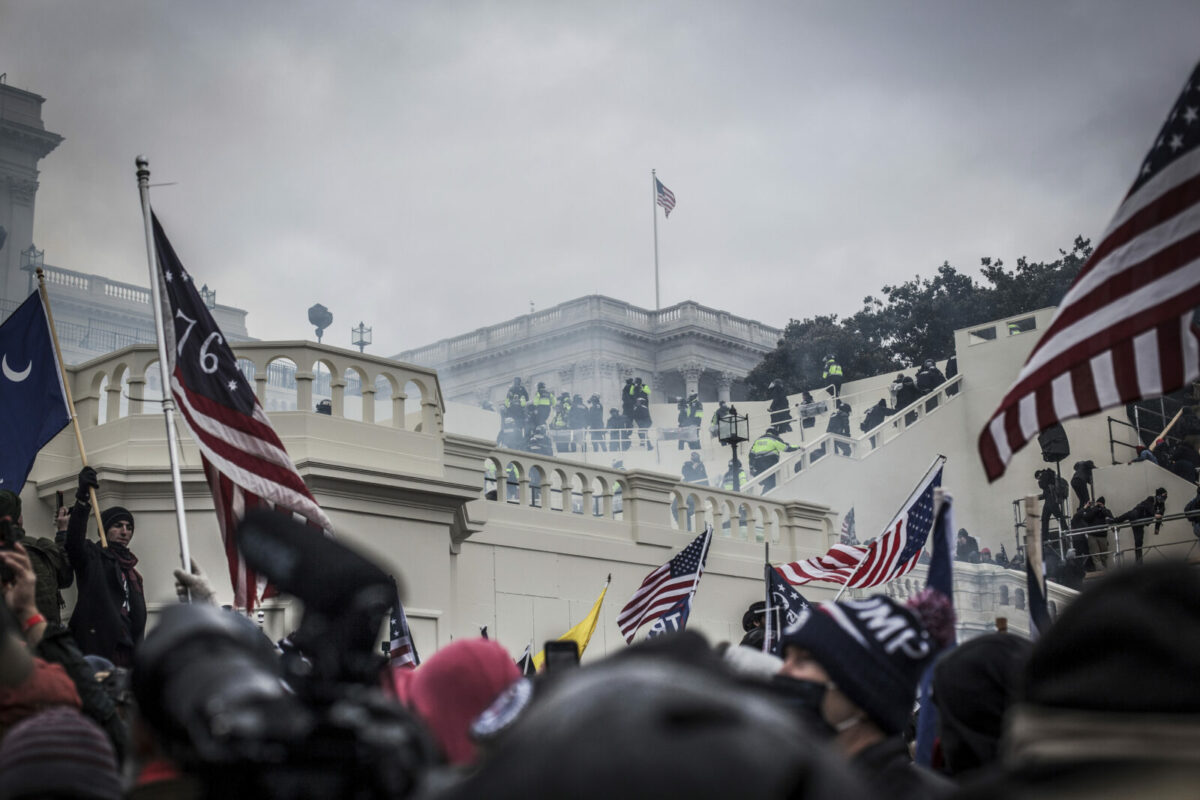
“Is this who we are?”
The Jan. 6 Capitol coup attempt shocked me in ways I didn’t think was possible.
I was stunned silent by the hordes of angry and deluded Trump supporters willing to do bodily harm to uniformed officers in service to the Big Election Lie propagated by Trump and his minions.
Despite their best efforts to destroy our democracy by legitimizing our elections, lawmakers returned to the chambers and ratified the election won by Biden, making clear that the Constitution and its adherents would not be intimidated by the thuggishness of the outgoing president and his mob.
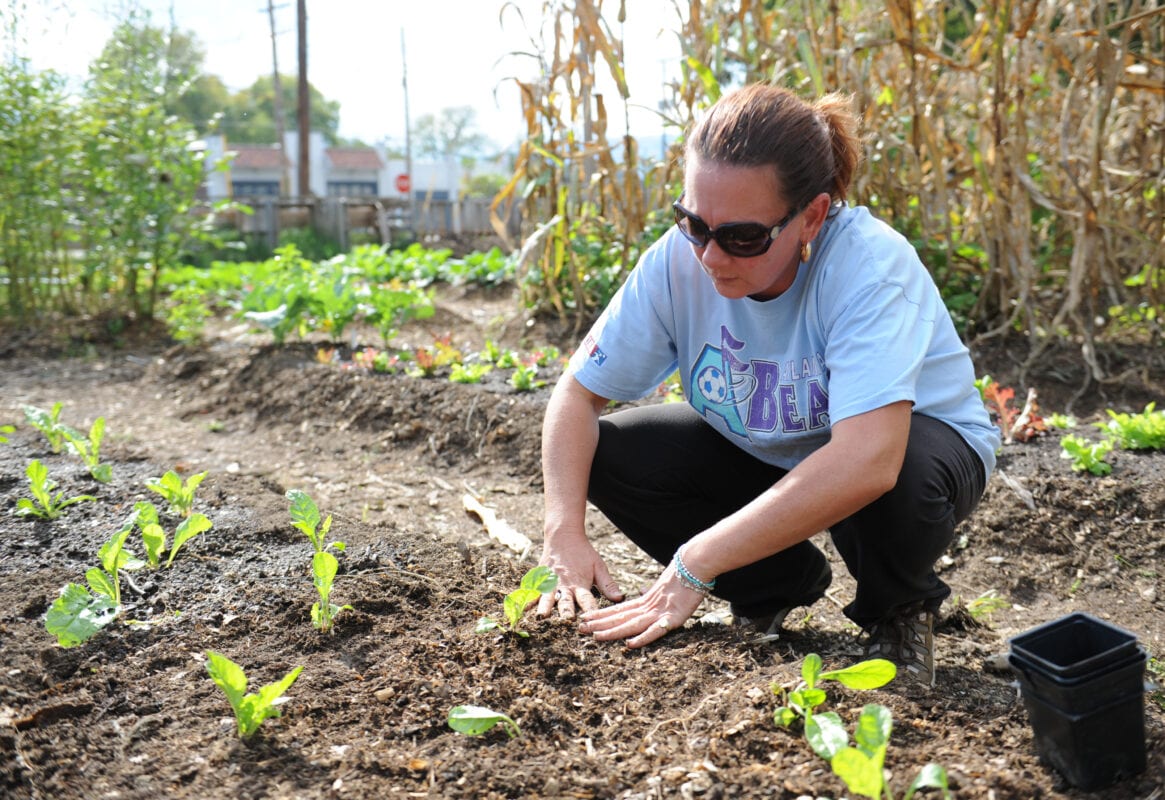
“A (hopefully helpful) guide to better Postindustrial living”
If the continuing pandemic and political unrest taught us anything, it’s that we need to figure out how to be cooperative, responsible, and kind members of a global community — starting at the local level.
The way we see it, better “Postindustrial Living” starts with the individual and works its way outward. That means being a better neighbor, an active member of your community, a regular participant in city, state, and national politics, and a responsible global citizen with an eye toward the big-picture challenges facing everyone.
In that spirit, we compiled a list of ways in which we hope to improve how we participate in our communities, Postindustrial America, and beyond.
SPRING
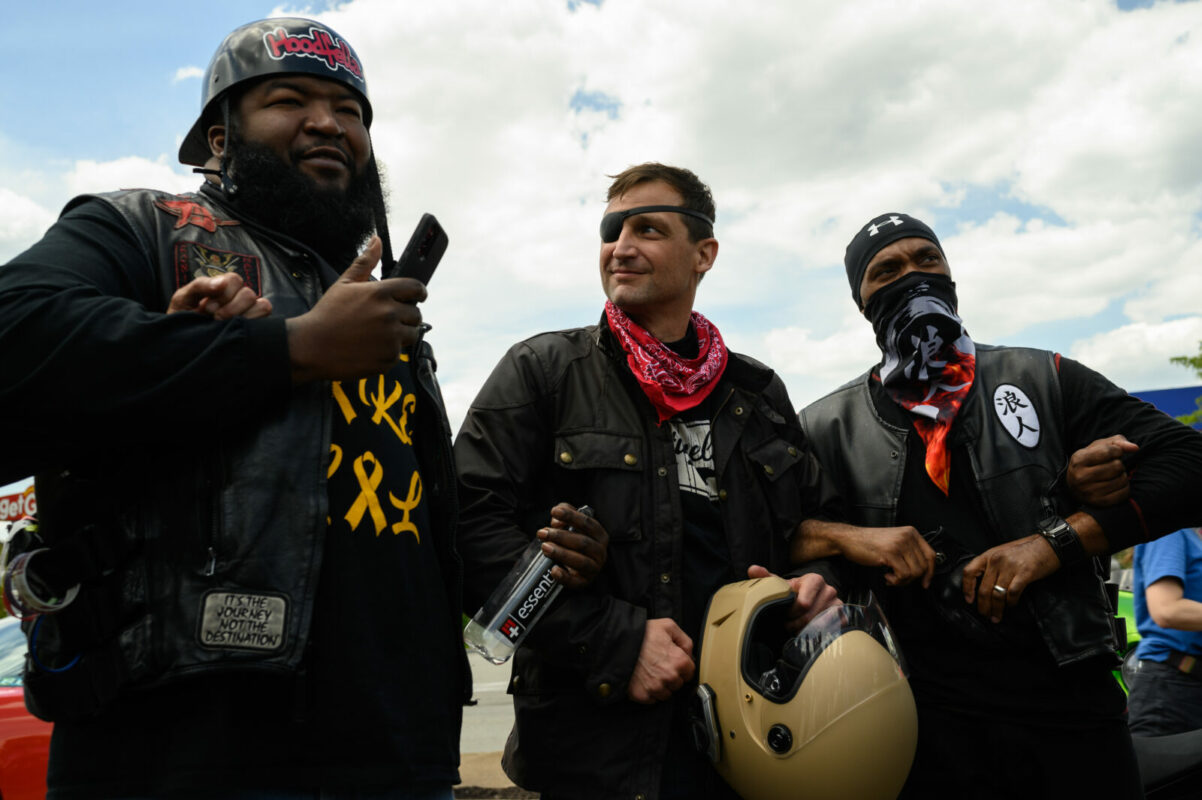
“What I learned traversing Postindustrial America”
After getting our vaccines, we hit the road by motorcycle to explore a Postindustrial America hard hit by the pandemic, job loss, racial unrest, and political divisiveness the likes of which hadn’t occurred in my lifetime (I was born about six weeks before Nixon’s resignation in August 1974).
While riding through Pennsylvania, Ohio, Kentucky, and West Virginia, we met lots of great people, a much-appreciated surprise considering in the wake of the Jan. 6 coup attempt and the concerns among many conservatives in PI America that the vaccine was rolled out too soon.
From our coverage of that journey:
Despite the fact that a large portion of those who stormed the Capitol during the Jan. 6 coup attempt hail from the Rust Belt and Appalachia, and much of the region is still in the grasp of Donald Trump’s bigoted delusions, the Postindustrial Americans we met were largely courteous and inquisitive about our journey. Perhaps we’re not as divided as we sometimes think.
Our 10-day journey came with a surprising amount of beautiful weather considering we were riding during the spring, rainy season, a stroke of good fortune that perhaps lent itself to our “glass-half-full” assessment of the state of PI America.
SUMMER
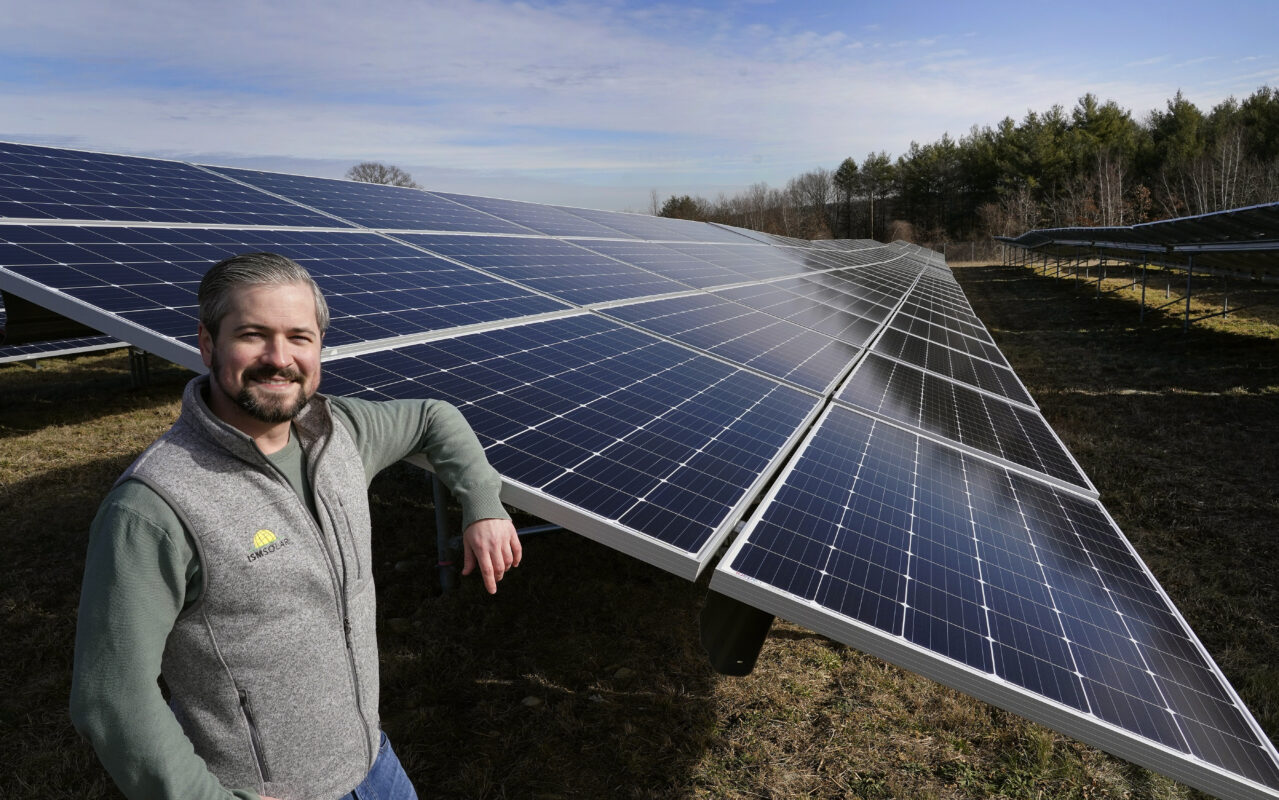
Is PI America going green?
PI contributor Ramesh Santanam asks this important question and finds some answers regarding the future of energy production:
Once home mostly to the sunny South and West, large-scale solar installations now are also found in the less-sunny regions of Postindustrial America. The rush is happening as the Biden administration pushes to use more renewable energy.
The Biden administration has made clean-energy production a tent pole of its climate policy, though the pushback against renewables like solar has been most notable in states like West Virginia, where, long ago, coal was king. Many locals still can’t let go of America’s leading pollutants, which also wreak havoc on the Appalchian landscape.
Parts of neighboring Pennsylvania seem more amenable to solar and other renewals, though some stubbornly refuse to let go of the past while denying the science of climate change.
FALL
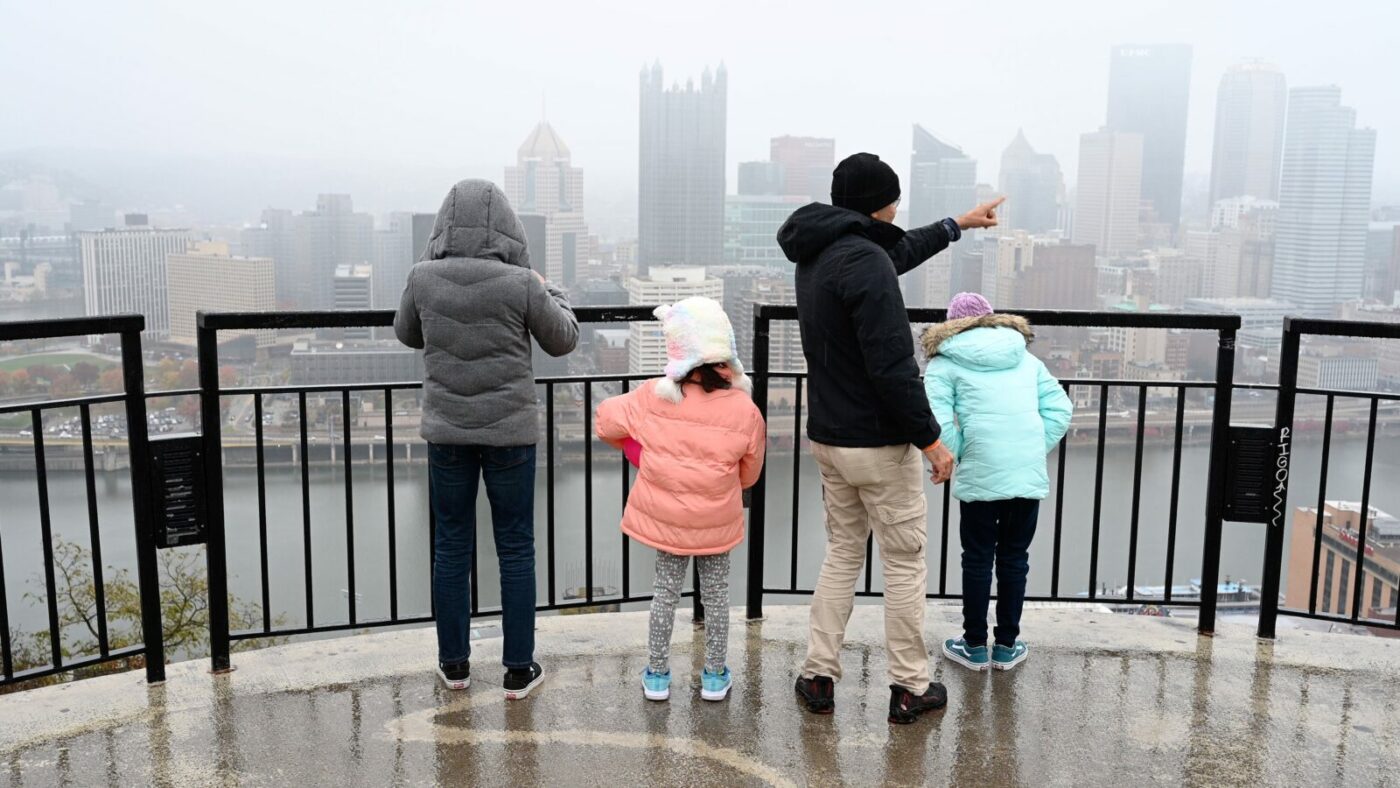
There’s no place like a new home … in Pittsburgh
The fall of Afghanistan over the summer prompted thousands of families from the troubled South Asia nation to flee to America and start their lives anew.
Among those who braved the violence as U.S. forces drew down in Afghanistan was our journalist friend Zubair Babakarkhail, along with his wife and three children.
The Babakarkhail family escaped the country, then spent two-plus months being processed at a military base in Wisconsin before deciding to settle in the Pittsburgh area.
We couldn’t be happier to have Zubair and the rest of his family join our Postindustrial Community and lend his voices to tell his story and those of Afghans searching for a better life in America.
Their decision to settle in Postindustrial America reinforces what we often tell those from outside our region: There are plenty of great people living in PI America.
We look forward to meeting more of them — and introducing them to you — in 2022.

